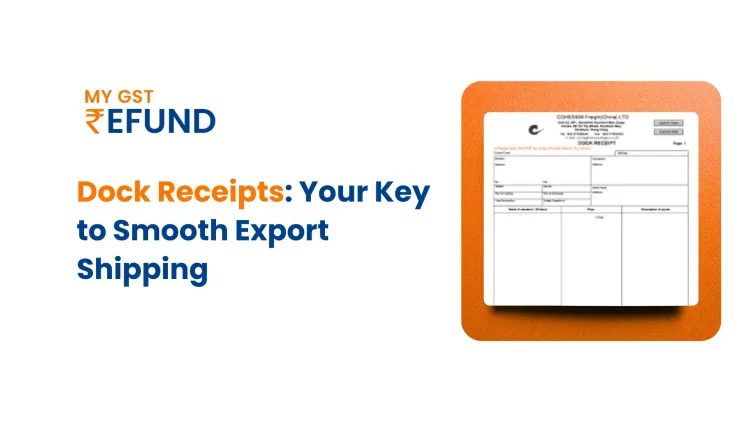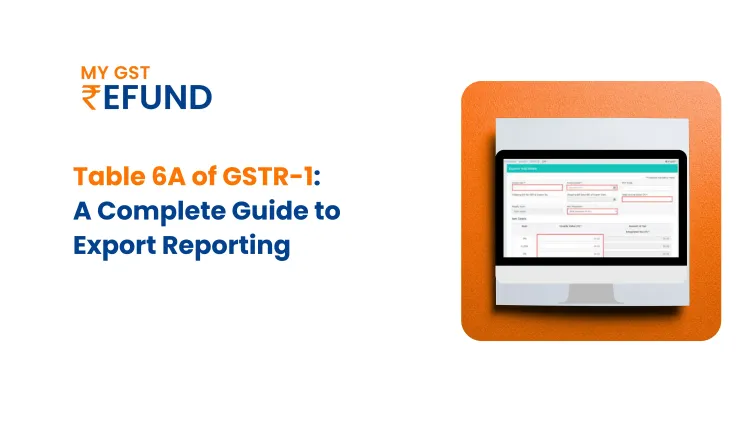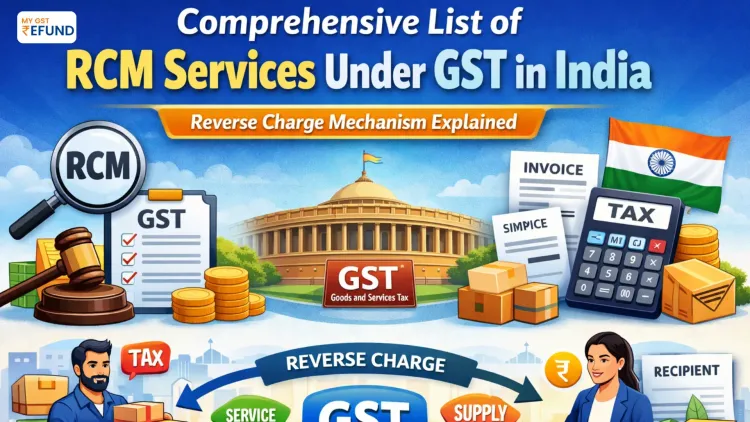Abatement of Customs Duty on Damaged Goods: Section 22 of the Customs Act, 1962
Reduced taxes for the goods damaged during the Importation into India in know as the Abatement of customs duty. Under Section 22 of the Customs Act, 1962, importers can request this reduction if their goods are damaged in transit, during unloading, or while in storage, and this damage reduces their market value.
This provision prevents importers from being disrespectfully taxed on goods that are worth less than their original value due to circumstances beyond their control.
Meaning and Definition of Abatement of Customs on Damaged Goods
Imagine you have imported a shipment of delicate pottery from Italy, but when it arrives in Mumbai, half of the pottery is shattered. According to the original invoice, you’re supposed to pay duty on the full value of undamaged pottery, but thanks to the abatement of customs duties, you don't have to. You’re not responsible for the damage, so why should you pay a tax value for something you can’t sell? This is where Section 22 comes into play. It is essentially the safety net for importers, ensuring the tax you pay reflects the truth.
Section 22 of the Customs Act, 1962
Section 22 of the Customs Act, 1962, specifically provides a legal safety net for the importers. With this, you can claim an abatement of duty for your damaged goods. This section allows for a reduction in the duty that you need to pay if the goods, upon inspection, are found to be damaged, and such damage affects the market value of the goods.
Section 22 reads as follows:
If goods are imported and upon arrival, they are found to be damaged to such an extent that their market value is benign compromised and it is decreased from their actual value declared during the time of import, the customs authorities can assess the duty based on the reduced value of goods.
The importer can apply for the abatement of duty if they can prove that the goods were damaged before or during importation, and the damage is very well reflected in the goods' decreased value.
If you are an Exporter, then you can claim the Export GST Refund. To claim the GST Refund, Contact MYST Refund
Procedure for Abatement of Customs Duty on Damaged Goods
Step-by-Step Process follows as under:
Report of Damage: Upon receiving the goods, the importer must inform the customs authorities about the damage. This can be done by submitting a request for an inspection and declaring the extent of damage.
Inspection by Surveyor : A surveyor appointed by the Customs Authority is appointed to inspect the damaged goods, and a detailed report about the extent of damage and its market value reduction is made. This is followed by an assessment of the condition of the goods imported.
This report is an important part of the process, as the reduction in the customs duty depends upon this only.
Assessment of Reduced Value: Based on the inspection of the surveyor, the reduction in the value of the damaged goods will be calculated. Further, the duty of goods will be calculated, taking into consideration the reduced market value of the damaged goods, and accordingly, the abatement will be decided.
Submission of the Claim of Abatement : After receiving the report of the surveyor, the importer must file a claim of abatement. The following documentation is necessary
- Surveyors report
- Bill of entry
- An invoice showing the initial value of the goods
- Photographs and other valid proofs of the damage
- Proof of payment of duty on the original value of goods.
Custom’s Decision: Upon receiving the necessary documentation required to claim the abatement, the customs authorities review and scrutinize all the documents, verify the claim, and determine the justification for the abatement requested. Customs will then issue an amended assessment, reflecting the reduced duty based on the damage.
Payment of Abated Duty: Importers are required to pay the reduced customs duty on the damaged goods. The amount payable will be calculated according to the reduced value of the goods determined by the surveyor.
The Surveyors' Report: Role and Importance
In the Indian customs law, the surveyor's report is the key document for claiming a reduction in duty for goods that were damaged during import. It is a professional evaluation that crucially and significantly determines the extent of damage and how this damage affects the market value. The customs authority relies on this report to decide if an abatement of duty is warranted and to what degree.
Key points
1. Expert valuation: The surveyor assesses the physical damage (eg, breakage and soilage) and its impact on the goods' value. This expert opinion forms the basis of the duty reduction.
2. Timing is crucial: The survey and the damage assessment must be conducted before the goods are cleared from customs. Legal precedents like Agfa Gevart India Ltd v CC and Skaria Verghees v CC emphasize that no abatement is available if the goods have already been cleared.
3. Calculating Abatement: The amount of duty reduction is directly proportional to the loss in the market value of the goods.
4. Full Concession: If the goods are completely worthless, a full abatement of the duty may be granted.
5. Partial Concession: If the goods are still usable but have a lower market value, then a partial concession or a partial abatement is allowed with duty reduced accordingly.
6. Valuation methods: The value of the damaged goods is determined by the Assistant Commissioner of the Customs. Alternatively, if the importer agrees, the goods can be sold at auction, and the sale price becomes the new value for duty calculation.
Important Case Laws with Full Citations
Several case laws have shaped the interpretation of Section 22 and the procedures for granting abatement of duty on damaged goods. Some of the key rulings are:
M/s. Hindustan Zinc Ltd. v. Union of India (2004) 163 ELT 204 (CESTAT)
This case involved the issue of determining the reduced value of goods based on damage. The Tribunal ruled that the surveyor’s report must clearly indicate the damage and its impact on the value of the goods, and the Customs authorities must grant the abatement accordingly.
M/s. Atma Steel Trading Pvt. Ltd. v. Commissioner of Customs (2012) 280 ELT 250 (CESTAT)
In this case, the CESTAT clarified that abatement under Section 22 can be claimed even if the goods are not entirely destroyed but are found to be damaged to the extent that their value is significantly reduced. The tribunal emphasized that the Customs authorities must grant a proportional abatement based on the loss in value caused by the damage.
In Super Chemical Corporation v CC 2003 (156) ELT 248 (CESTAT)
The goods had deteriorated as the goods were not kept in a controlled temperature, though the owner of the goods knew that they should be kept in a controlled temperature. It was held that the loss is due to the wilful negligence of the appellant, and abatement is not permissible.
Conclusion
Abatement of customs duty of damaged goods is a crucial and significantly important provision under Section 22 of the Customs Act, 1962, allowing the importers to reduce the duty that is payable on goods that are significantly or partially damaged upon arrival. The crucial process is the inspection by the Customs Authority appointed Surveyor, who checks for damages and determines the reduced value of the goods. Importers can claim a reduction in the duty payable based on this assessment.
Frequently Asked Questions
What is an abatement in customs duty?
Abatement of Customs Duties is the exemption of customs taxes.
What is Section 22 of the Customs Act?
Section 22 of the Customs Act of 1962 provides for the abatement or reduction of duty on the damaged or deteriorated goods, whose market value is reduced from the initial value.
Related Posts







